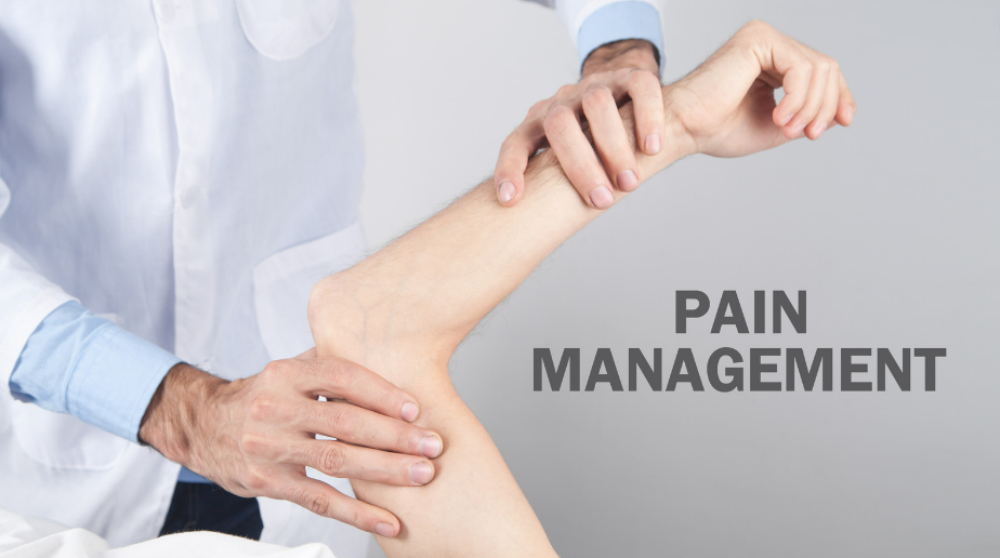
The Intersection of Mental Health and Chronic Pain: Expanding the Scope of Pain Management
Throughout history, countless philosophers, scientists, and medical professionals have explored the complex relationship between our minds and bodies. One area that has revealed itself as a fascinating and vital subject of study is the intersection between mental health and chronic pain. In this article, we’ll discuss how pain management techniques have changed over time and why treating chronic pain requires taking into account both physiological and psychological aspects.
The Connection Between Mental Health and Chronic Pain
A growing body of research indicates that mental health plays a significant role in the perception and experience of chronic pain. Conditions such as depression, anxiety, and stress can exacerbate existing pain or even lead to pain that has no apparent physiological cause.
For example, people suffering from conditions like fibromyalgia and irritable bowel syndrome often experience a wide range of symptoms beyond pain, including fatigue and cognitive disturbances. It is becoming increasingly clear that the connection between psychological factors and these conditions must be recognized and addressed in order to achieve the best possible outcomes for patients.
Integrating Psychological Approaches into Pain Management
Given the strong link between mental and physical health, it is no longer enough for pain management doctors to focus solely on physical treatments. Instead, they must work in conjunction with mental health professionals to develop comprehensive treatment plans that address both aspects of chronic pain.
Such integrative approaches to pain management can include cognitive-behavioral therapy (CBT), mindfulness practices, and other psychosocial interventions aimed at helping patients better understand and manage their pain. By treating the mind and body simultaneously, it is possible to increase the overall effectiveness of the pain management strategy, leading to a better quality of life for those dealing with chronic pain.
The Importance of Self-Care and Coping Strategies
While professional intervention from both physical and mental healthcare providers is crucial, it is also important to empower patients to take an active role in their pain management journey. Encouraging individuals to develop self-care routines, seek out social support networks, and employ healthy coping strategies can be an essential part of their overall treatment plan.
By considering the relationship between mental health and chronic pain, we can expand the scope of pain management beyond conventional methods and provide a more comprehensive solution to those living with these debilitating conditions.
Conclusion
Our bodies and minds are intricately connected, and this is especially apparent when it comes to chronic pain. Therefore, it is crucial to seek pain management doctors in Indiana who understand your stance and take an integrative approach to treatment. By addressing both physiological and psychological aspects, we can achieve better outcomes for those living with chronic pain, leading to a higher quality of life and improved well-being. Remember, treating chronic pain is not just about alleviating physical symptoms; it’s about taking care of the whole person.

















